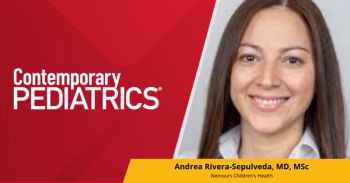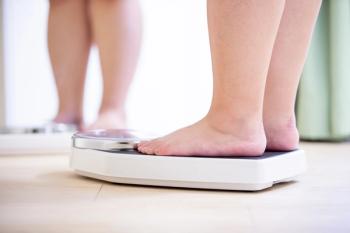
Psychoses linked to mom's antibodies to food antigen
High levels of maternal antibodies directed at a dietary antigen during pregnancy increase the risk for schizophrenia and other nonaffective psychoses in offspring. Which food-derived antigen was the culprit in this study?
High levels of maternal antibodies directed at a dietary antigen during pregnancy increase the risk for
In a
Researchers analyzed dried blood spots obtained from 211 newborns in Sweden who were later diagnosed with nonaffective psychoses, investigating the levels of immunoglobulin G (IgG) directed at gliadin and casein, a milk protein. A group of 553 participants without a psychiatric admission served as comparison.
Levels of maternal antigliadin antibodies above the 90th percentile increased the risk for nonaffective psychoses by 70%. Antigliadin antibody levels above the 95th percentile more than doubled the risk of the development of a nonaffective psychosis. The level of anticasein antibodies had no effect on the risk of later development of nonaffective psychosis.
The excess risk associated with high levels of IgG antigliadin antibodies was independent of maternal age, immigration, and mode of delivery, and fetal growth or gestational age at birth did not modify the association between elevated IgG levels and nonaffective psychoses.
The researchers speculate that high levels of antigliadin antibodies may predispose to inflammation and that maternal inflammation can affect the developing fetus. They add that antibodies to gliadin can be reduced in pregnant women by limiting consumption of gluten-containing foods.
Newsletter
Access practical, evidence-based guidance to support better care for our youngest patients. Join our email list for the latest clinical updates.








